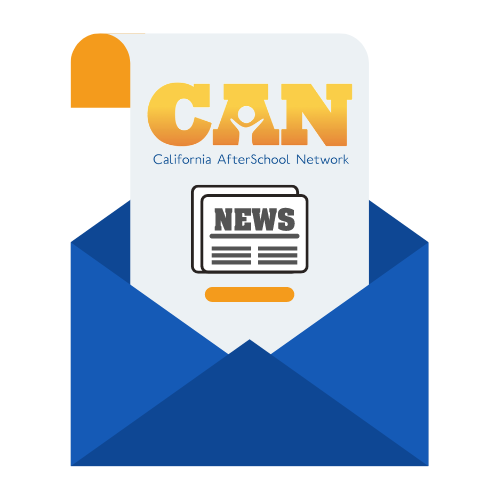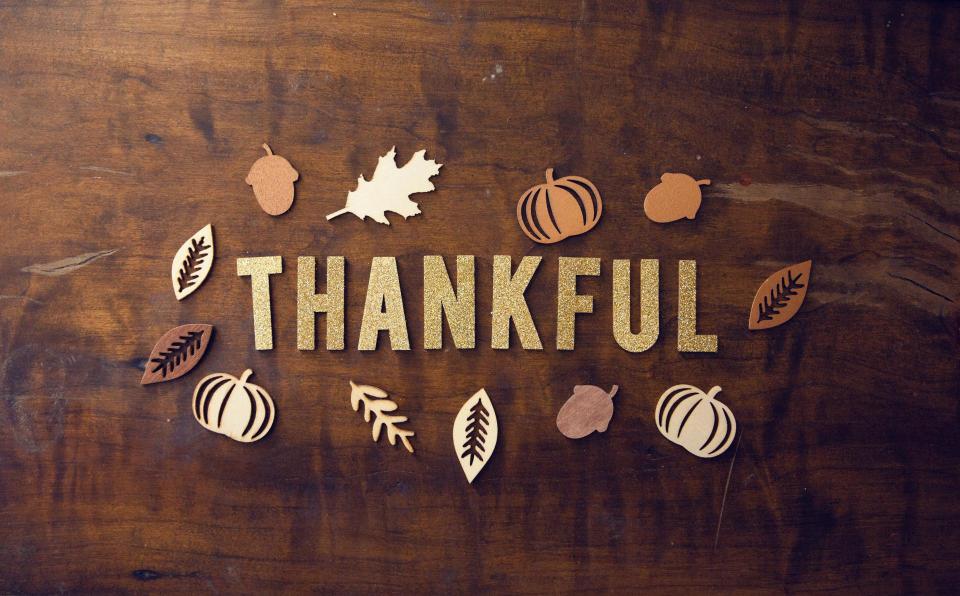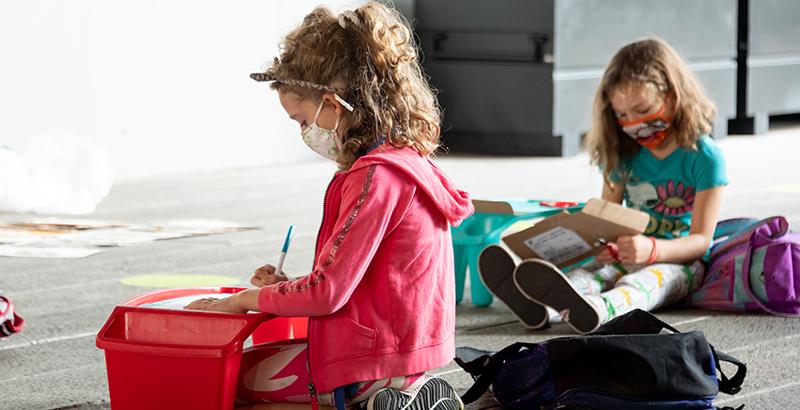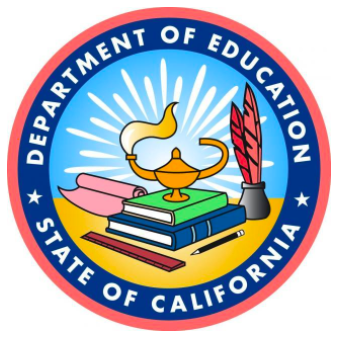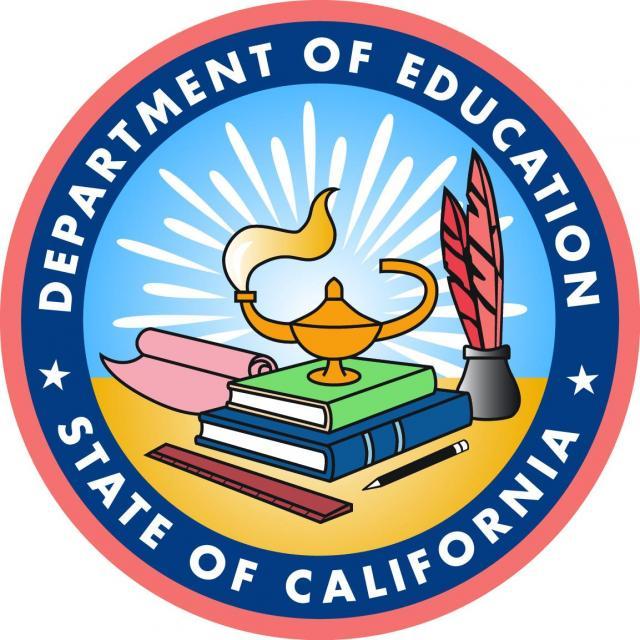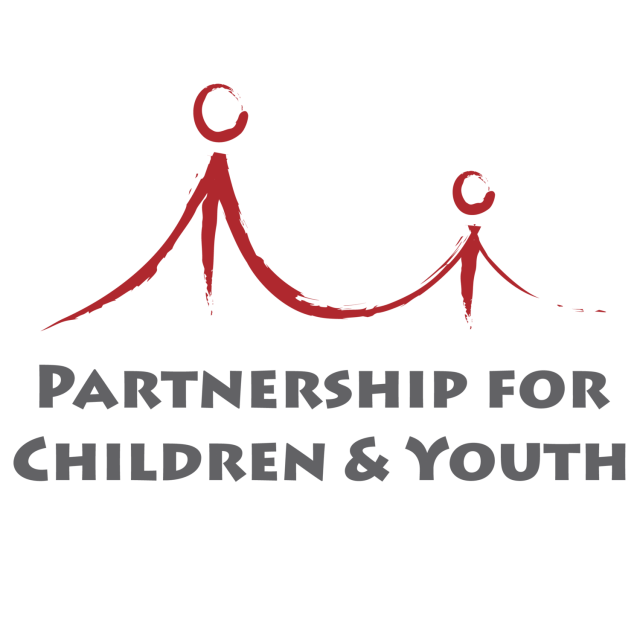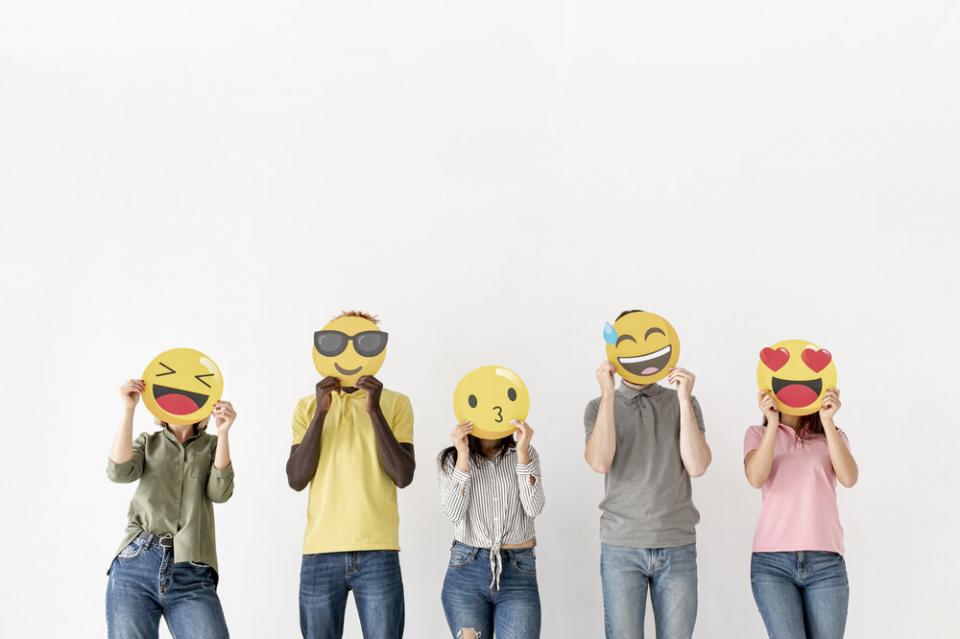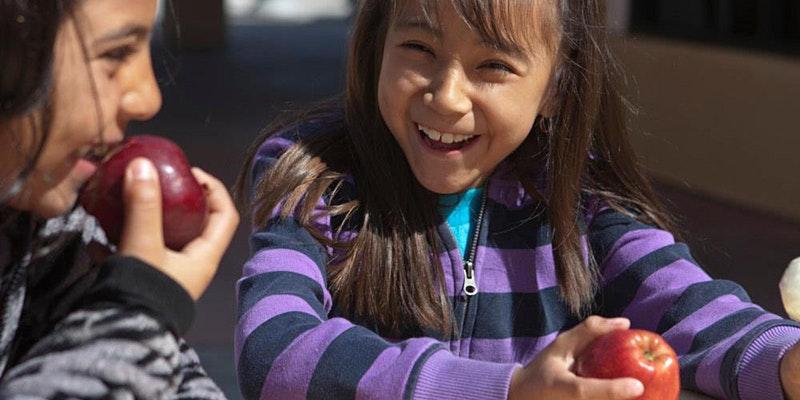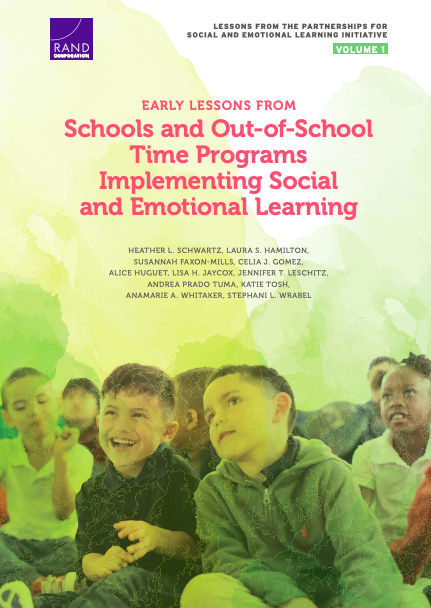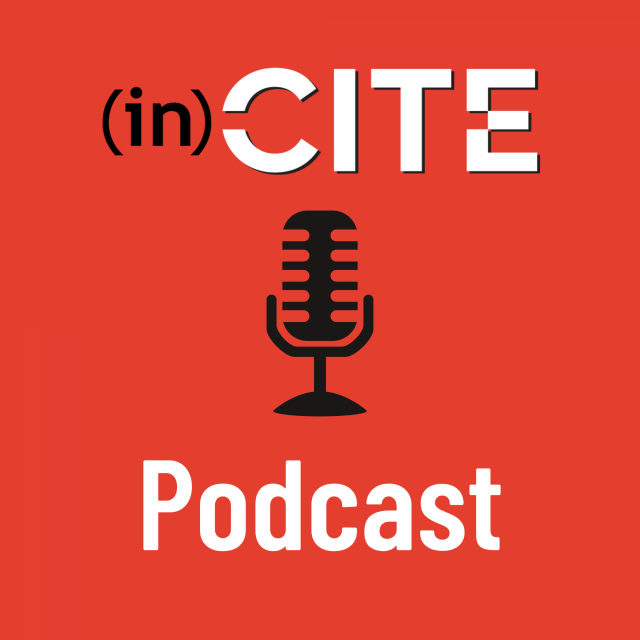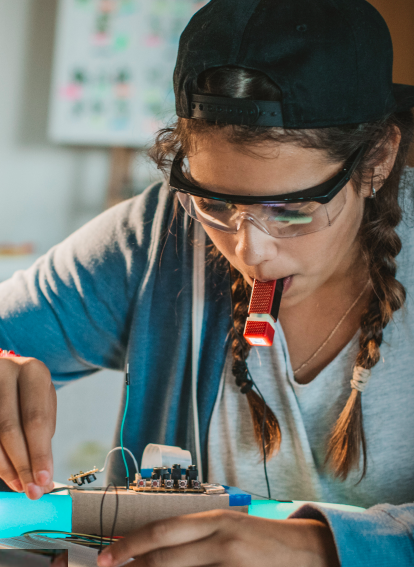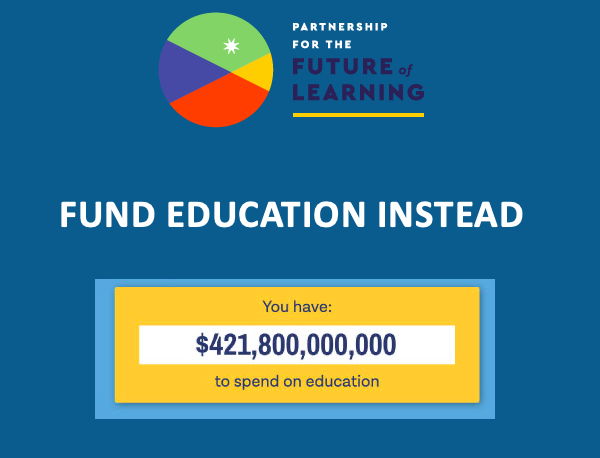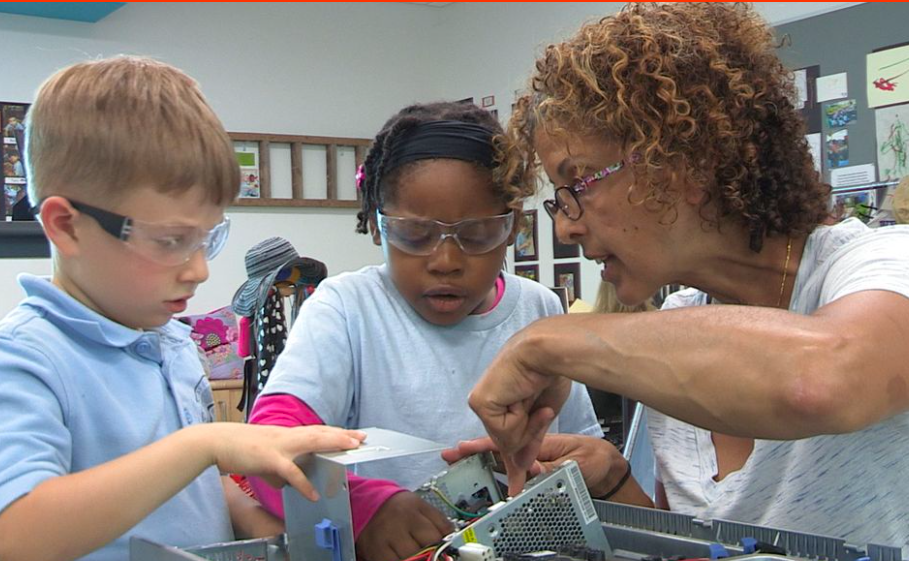CAN Newsletter – Gratitude for Our Field
November 23, 2020
We hope this newsletter finds you and your community safe and healthy as we transition into the darker cooler months of late fall and early winter. November is often a month centered around practicing thankfulness and gratitude for one another. While we always have a deep appreciation for each of you and the work you do, we want to say it again – each of you matters; each day you spend your time and energy supporting students, families, and communities; and your work is extremely impactful, not only in those communities but across the state and the nation. We are grateful to you for your commitment and service to this work. In a year that has seen so many different challenges, you all are bright lights in the darkness. THANK YOU!
We also want to recognize that this November has in particular been a challenge for many of us – with a contentious election, rising COVID-19 cases, ongoing equity and racial justice issues, and as we are approaching the Thanksgiving Holiday, this time can be triggering for many, including our indigenous students, staff, families, and communities. Below are a few resources to help:
- November is National American Indian Heritage Month. Browse ready-to-use lesson plans, student activities, collection guides, and research aids.
- As you discuss Thanksgiving with students, consider utilizing these resources from Teaching Tolerance to guide them to a more comprehensive understanding: Teaching Thanksgiving in a Socially Responsible Way.
- Learn research-based strategies to promote positive dialogue, relationships and understanding between groups or individuals with the Greater Good – Bridging Differences Playbook
- Facing History’s US election-season resources are designed to help students think critically about the role of elections, voting, and civic participation in creating and sustaining a just and healthy democracy.
- Learn how giving thanks can make you happier and how gratitude changes you and your brain.
- Also, be sure to check out the CAN COVID-19 Resource Center as we continue to update with new and relevant resources.
If you need anything at all, please do not hesitate to reach out to anyone on the CAN Team. We are here for you.
In Community,
The CAN Team
In This Newsletter:
Afterschool Programs Are Key Partners in Creating Supportive Learning Communities, Especially for Students in Poverty and English Learners
By Michael Funk; November 18, 2020
Across the nation, and here in California, education leaders are facing extraordinary challenges — and opportunities. The COVID-19 crisis has stretched out further, and cut us more deeply, than most of us imagined.
Expanded Learning Division (EXLD) Updates
The CDE-EXLD has recently released important information and updates regarding the following items:
Funding Opportunity: California Community Schools Partnership Program
Due Date: December 4, 2020
Disruptions due to the COVID-19 emergency have forced districts and schools to focus on the direct connection between schools and families and to examine the link between school and community services.
Community school strategies are an effective approach to mitigate the academic and social impacts of the pandemic, improve school responsiveness to student and family needs and to organize school and community resources to address barriers to learning.
Job Opening: Coordinator
California Afterschool Advocacy Alliance, Partnership for Children and Youth
The California Afterschool Advocacy Alliance part of the Partnership for Children and Youth is looking for a Coordinator.
The Partnership for Children and Youth is an innovative, well respected, high impact organization committed to closing the achievement and opportunity gaps for students from under-resources communities, so that all young people can thrive in school and beyond. They have a long standing reputation as excellent partners and collaborators with a diverse set of allies and stakeholders.
5 Trauma-Informed Practices You Can Do Via Zoom
Trauma-informed approaches are not new to youth-serving organizations. Positive youth development provides a pretty clear foundation to support youth and many programs are taking it to the next level by adopting Dr. Shawn Ginwright’s more encompassing vision of healing-centered engagement.
The first step to a successful application of trauma-informed practice is grounding oneself. Understand how you are feeling, what your triggers are, and how you can respond so you do not transfer your anxieties or heaviness to the staff or young people you’re working with. Once you’ve grounded yourself, explore these 5 trauma-informed practices from Development without Limits that can be done via video conference. Find the full blog post on the Development without Limits website.
Hidden Consequences: How the COVID Pandemic is Impacting Children
The U.S. Department of Health and Human Services’ (HHS) Office of the Assistant Secretary for Preparedness and Response (ASPR) Technical Resources, Assistance Center, and Information Exchange (TRACIE), in collaboration with ASPR’s Pediatric Centers of Excellence are collaborating on a webinar series focused on how the COVID-19 pandemic may affect children.
Early Lessons from Schools and Out-of-School Time Programs Implementing Social and Emotional Learning
The COVID-19 pandemic, along with the national racial justice movement, has highlighted the need to address the social and emotional well-being of young people, many of whom are suffering from anxiety, trauma, and loss of connection with peers and caring adults
RAND has conducted a new study with interest in narrowing the gap of applying social and emotional learning (SEL) related programs and practices in schools.
CAN & CDE Chat with CITE about Expanded Learning
November 6, 2020
Our own Tiffany Gipson and Michael Funk from CDE sat down (virtually) with the in(CITE) Podcast team to discuss the essential role of Expanded Learning programs in California education. They chat about how Expanded Learning has evolved and adapted in California and offer a call to action for schools to build stronger partnerships with the Expanded Learning programs on their campuses.
Afterschool Matters Fall 2020 Issue
The National Institute on Out-of-School Time has published its Fall 2020 issue of Afterschool Matters.
“The articles in this issue of Afterschool Matters reflect the broad range of program activity, scholarship, and youth outcomes research in the OST field. We continue to do all this work—summer and STEM programming, digital badging, project-based learning, mentoring, social and emotional skill building, and volunteer management—whether we are in person or remote! If there is one clear vision for the OST field in 2020, this is it: We are going to carry on.”
#FundEdInstead
The Partnership for the Future of Learning, with support from the National Education Policy Center and Voqal, has launched a new interactive shopping cart game called Fund Education Instead. Players can compare government expenditures and tax cuts side-by-side with the costs of improving our public education system. Fulfilling the promise of public education means fully funding our schools and educators. It’s time to prioritize education as a pathway for all young people to reach their full potential. Play the game and share your priorities: FundEdInstead.org
Edutopia Video Series: How Learning Happens
The pandemic has brought about a timely mindset shift. It is now clearer than ever that young people learn, struggle, and thrive in a variety of settings, in and out of classrooms. The social and emotional learning of children and youth requires a range of strategies—and adults who are prepared and have the resources to provide support in all of the places and spaces where they learn.
Maintaining Strong Communities in Polarized Classrooms
Polarizing political rhetoric didn’t end with the election, and as recounts and lawsuits continue, it remains critical that educators work to maintain strong, inclusive communities in their classrooms. Teaching Tolerance has provided a collection of valuable resources to help during this time.
Learning in Afterschool Blog
Check out these recent posts from LIAS!
Check out CAN’s Other Newsletters!
Access the CAN newsletter archives to view past newsletters today! You may be interested in some of our other newsletters as well:
CAN Policy Newsletters
- Get informed about state and federal afterschool updates!
- Subscribe today!
CAN Health and Wellness Newsletters
- Get informed on the connections between afterschool and Whole Child Health and Wellness newsletter!
- Sign up to receive the newsletter today!

